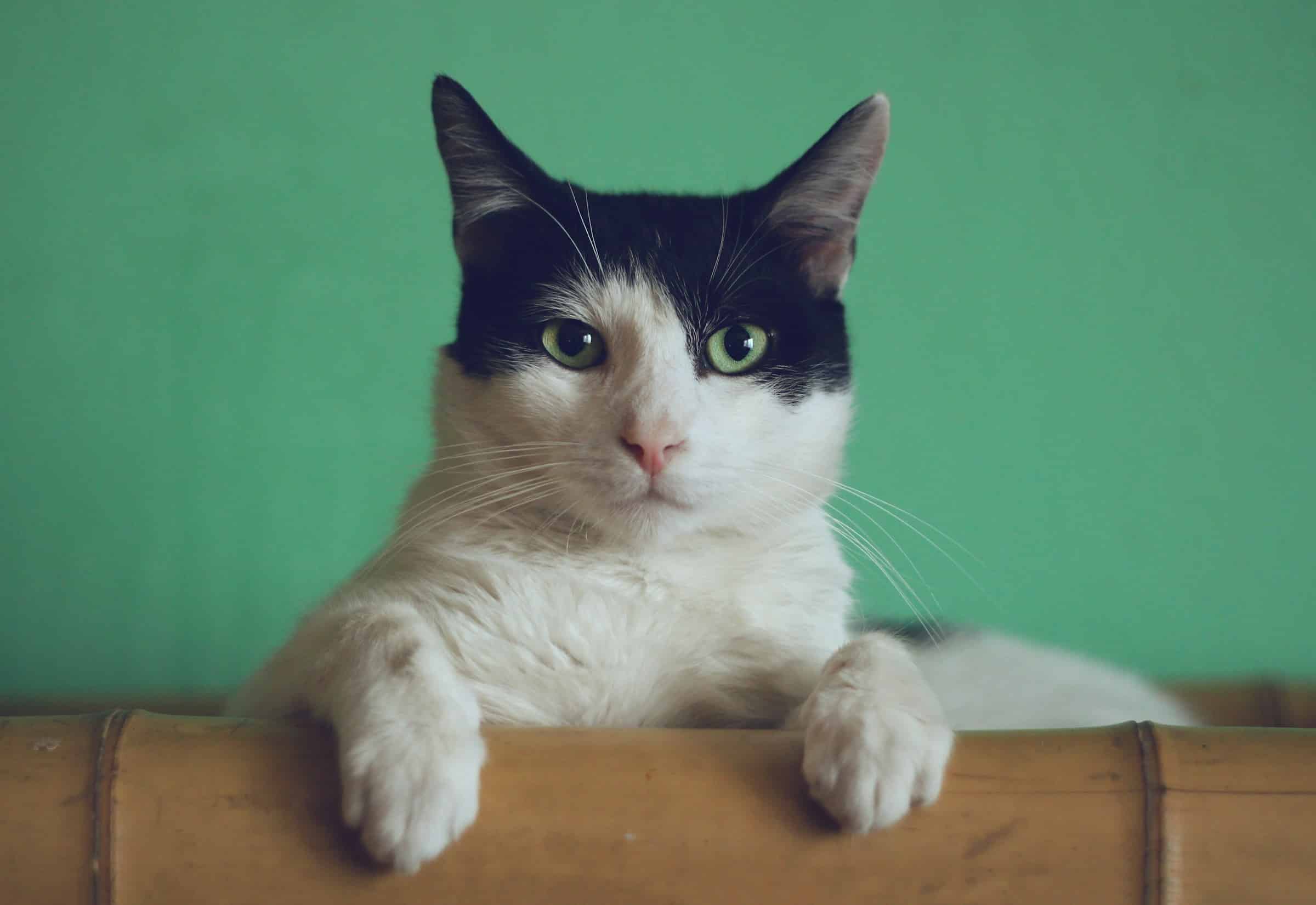What Are the Best All-Natural Litter Options for Environmentally Conscious Cat Owners?

As feline companions become integral parts of our lives, we find ourselves seeking ways to accommodate their needs while still maintaining our dedication to preserving the environment. For many, this includes searching for eco-friendly alternatives to conventional cat litters, which can often contain harmful chemicals and contribute to landfill waste. In response to this, many companies have developed all-natural cat litters that are safe, effective, and environmentally friendly. In this article, we will explore some of the best all-natural litter options for the environmentally conscious cat owners amongst you.
Plant-Based Litters: A Natural Option
Plant-based litters offer a fantastic alternative for those wanting to reduce their environmental impact. These litters are crafted from various renewable resources, including corn, wheat, and walnut shells, all of which are biodegradable and compostable.
Avez-vous vu cela : How to Make a Safe Homemade Repellent for Your Garden to Protect from Cats?
For example, corn-based litters, such as World’s Best Cat Litter, are renowned for their excellent odour control and easy clumping. The clumps formed are safe to flush, cutting down on waste. Additionally, corn is a naturally absorbent material, meaning it can quickly soak up liquids and reduce unpleasant odours.
Wheat-based litters, like Swheat Scoop, offer similar benefits. The wheat enzymes naturally neutralize odours, while the starch in the wheat allows for easy clumping. This litter is also flushable, making it a convenient option for apartment dwellers or those without access to outdoor composting.
A découvrir également : How to Identify the Signs of a Silent Heat in Female Cats?
On the other hand, walnut-based litters utilize the natural absorbency and odour control of walnut shells. Brands such as Naturally Fresh offer a virtually dust-free experience, reducing the risk of respiratory issues in both cats and owners.
Recycled Paper Litters: Repurposing Waste
Recycled paper litters are another great option for eco-conscious cat owners. These litters are typically made from recycled newspaper or other paper products, reducing the demand for virgin wood pulp and thus helping to conserve our forests.
Brands like Yesterday’s News and Breeder’s Choice create pellets from recycled paper. These pellets are highly absorbent and dust-free, making them a great option for those with allergies or respiratory issues.
Moreover, the production process for these litters is often more energy-efficient than traditional clay litters, further reducing their environmental impact. The fact that these litters are typically biodegradable and compostable is an added bonus.
Wood-Based Litters: Utilizing Industrial By-Products
Wood-based litters, made from various types of wood including pine, cedar, and spruce, are yet another all-natural option. These litters utilize industrial by-products such as sawdust and wood shavings, thus diverting waste from landfills.
Feline Pine and ökocat are popular brands in this category. The natural properties of the wood help to control odours, and the litters typically produce minimal dust. Some wood litters even have the added bonus of being flushable.
Furthermore, these litters are biodegradable and compostable, and their production process is more energy-efficient than that of traditional clay litters.
Silica Gel Litters: A High-Tech Natural Option
Lastly, we have silica gel litters. While the name might conjure images of those small packets found in shoe boxes, silica gel cat litters are actually made from silica sand, a natural resource.
Brands like Pretty Litter and Fresh Step Crystals utilize the high absorbency of silica to offer excellent odour control and minimal dust. These litters also tend to last longer than other options, meaning less frequent litter box changes and therefore less waste.
While not biodegradable, silica gel litters are recyclable. Some brands even offer a recycling program, allowing you to return used litter for processing and reuse.
Grass Seed Litters: An Emerging Option
An emerging option in the natural cat litter market is grass seed litters. Brands like SmartCat All Natural Clumping Litter utilize grass seeds’ natural clumping and odour-control properties to create an effective and eco-friendly litter.
Grass seed litters are biodegradable and compostable, and they typically produce less dust than other options. Additionally, they are often lighter in weight, making them easier to handle and transport, thereby reducing their carbon footprint.
In conclusion, while every cat and owner may have different preferences, there are numerous all-natural cat litter options available today. Whether you prefer corn, wheat, walnut, recycled paper, wood, silica gel, or grass seed, you can find a natural litter that meets your needs while also being environmentally friendly.
The Environmental Impact of All-Natural Litters
Understanding the environmental impact of different all-natural litters can help environmentally conscious cat owners make an informed decision. As previously discussed, most of these litters are biodegradable and compostable, meaning they can decompose over time and become part of the soil again, reducing landfill waste.
Additionally, many of these litters are made from renewable resources, such as corn, wheat, walnut shells, recycled paper, and wood by-products. This not only helps to conserve our natural resources, but also reduces the demand for and usage of non-renewable resources, contributing to environmental sustainability.
The use of industrial by-products and recycled materials in making these litters also helps to reduce waste and conserve resources. For instance, wood-based litters utilize waste products like sawdust and wood shavings, while recycled paper litters are made from used paper products.
The production process of these natural litters is also typically more energy-efficient than that of traditional clay litters, contributing to a reduction in carbon emissions. In the case of silica gel litters, they can be recycled and reused, further reducing environmental impact.
Making the Switch to All-Natural Litters
Switching to all-natural cat litters can be a significant shift for both you and your cat. Cats are creatures of habit and may need some time to adjust to the new texture or smell of natural litters. It is recommended to introduce the new litter gradually by mixing it with the old one and increasing the proportion of the new litter over time.
When making the switch, consider your cat’s preferences as well as your own. Some cats may prefer the soft texture of corn or wheat litters, while others might favor the harder texture of wood or paper pellets. Likewise, some owners might prefer the excellent odour control of walnut or silica gel litters, while others might appreciate the lightweight and easy-to-handle nature of grass seed litters.
It’s also worth considering practical factors such as availability, cost, and disposal options. Not all types of natural litters may be readily available in your local stores, and some may be more expensive than traditional litters. Moreover, while many natural litters are flushable or compostable, you should check your local regulations and your own plumbing or composting capabilities first.
Conclusion
As the awareness of environmental preservation grows, more and more cat owners are turning to all-natural litters. From plant-based to recycled paper litters, wood-based to silica gel litters, and even the emerging grass seed litters, the variety of options available today makes it easier than ever for you to find a cat litter that is not just effective and cat-friendly, but also kind to the environment.
Remember, switching to all-natural litter is not just about reducing waste or carbon emissions; it’s about embracing a more sustainable lifestyle and setting a positive example for others to follow. So, take the leap and make the switch. Your feline friend, and the planet, will thank you.
